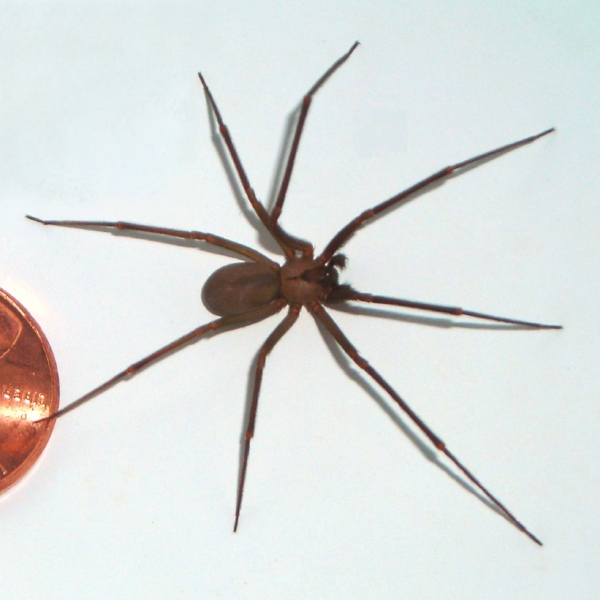What is in your garage besides your car?
Even the tidiest garage is not immune to visits from some of the Valley’s pest population. Because many homeowners use part (or most) of their garage to store tools and seasonal items, it is the perfect place for critters to hide. In addition, because the garage door is so big, it gives nature a chance to come in unimpeded whenever the door is opened. Today, we’re going to review some of the pests which may try to make a home in your garage. Not all of these pests are dangerous, but they all sting or have venom, which makes them worth noticing.
Scorpions
The ones you need to watch out for are the tan/yellow ones, called bark scorpions. The adults are two to three inches long, and they like to hide underneath your boxes. They can climb anything which isn’t slick, and, while they can live a long time without food, they do like to be near water. The Arizona hairy scorpion is much fatter, has hairs on its legs and isn’t as venomous.
While scorpion bites are painful, they’re usually not life-threatening unless the person is allergic to them, which is a relatively rare occurrence.
Brown Recluse spider
While a brown recluse is shy, its venom is necrotic, meaning, it will cause human tissue to die. This makes medical attention necessary. Most people don't realize they've been bitten until they have a reaction, which starts out looking like a bruise or blister but can be quite serious. If you think you've been bitten by a brown recluse, try to catch it and consult with a doctor or the kind folks at the Banner Poison and Drug Information Center. (see below.)
Black widows
Black widows have a red hourglass shape on their belly, a description we find a little amusing since this requires the viewer to be able to see the spider’s abdomen. Suffice to say they are black and very shiny, and create very disorganized webs. The other distinctive feature, usually found in the web, is the light tan egg sac which the black widow protects.
Black widows are very shy and will try to avoid biting you unless they feel threatened. Less than 1% of the people who are ever stung (<2000 a year) ever require medical treatment.
Tarantulas
Tarantulas are generally meek when not frightened and are relocatable.
Tarantulas are big and hairy and very timid. While their bite is venomous, it’s never fatal. Tarantulas are territorial, though, so make sure if you catch one in your garage, you turn it loose someplace where it won’t be able to find its way back into your garage.
Brown recluse
Killer bees and wasps
Killer bees are much more aggressive than their honey bee counterparts. While a honey bee hive will half-heartedly defend itself, killer bee hives attack aggressively to protect their home. The problem with wasps is that, while they will also sting when they feel threatened, they won’t die after one sting the way bees do, so one wasp can sting multiple times.
As far as visitors go, this one is a doozy. Rattlesnakes are venomous and should be avoided.
Rattlesnakes
Rattlesnakes will seek shelter in your garage when it’s too hot, too cold, or after being displaced by monsoon rains. Their venom is very poisonous, and unless you’re trained, it’s a terrible idea to attempt moving one. Killing them is illegal. However, the kind folks at Rattlesnake Solutions will come and remove them for you for a reasonable price.
Rattlesnakes relocator 480-237-9975
Banner Poison & Drug Information Center at 800-222-1222
If you are in the Phoenix Metro area and want a no-hassle cash quote for an old, wrecked, unwanted, salvage or burned car, SUV, van or truck, give us a call at I Buy Junk Cars. 480-771-8290.




